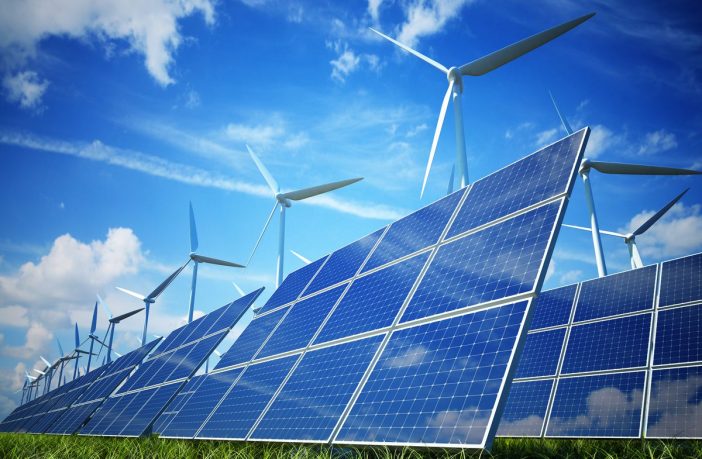- The Development Bank of Southern Africa (DBSA) has announce the Embedded Generation Investment Programme (EGIP).
- The overall objective is to support the development and upscaling of solar photovoltaic and wind renewable energy embedded generation projects, developed by independent power producers operating in South Africa.
Embedded generation is the production of electricity from smaller-scale power stations and usually defined as projects that are planned for their own use. In South Africa, these include projects that lie outside of the formal government procurement programmes such as the REIPPP. This means that they are higher risk investments as they are not underpinned by Government Guarantees or state-backed offtake agreements. The Embedded Generation Investment Programme (“EGIP”) offers a credit support mechanism that enables funding of embedded generation renewable energy projects, through the provision of risk capital for projects implemented by private sector entities and local municipalities. The implementation of EGIP is critical for South Africa to achieve its climate targets and reduce excess demand on the national utility, Eskom.
The DBSA is accredited to the Green Climate Fund and has concluded an agreement with the Green Climate Fund for the implementation of the EGIP. The Green Climate Fund is the world’s largest dedicated fund helping developing countries reduce their greenhouse gas emissions and enhance their ability to respond to climate change.
The DBSA matched the Green Climate Fund’s USD100 million funding for this programme, which focuses on investment in Solar PV and wind technologies. The EGIP is intended to create an enabling environment and a new funding model for continued renewable energy investments outside of the REIPPP. Through the provision of a first loss facility, EGIP aims to improve the viability and bankability of the initial projects to ensure that they reach financial close. This pioneering programme is intended to create a market for embedded generation in South Africa.
As the accredited and executing entity, the DBSA will be responsible for Programme implementation and management. In addition, it will take responsibility for overall portfolio management, evaluation and monitoring in respect of the projects under EGIP.
Approximately USD84 million of the USD200 million funding will be allocated to B-BBEE beneficiaries to enable the participation and ownership by local communities and SMMEs in renewable energy projects under the programme.
Author: Bryan Groenendaal
Source: DBSA















